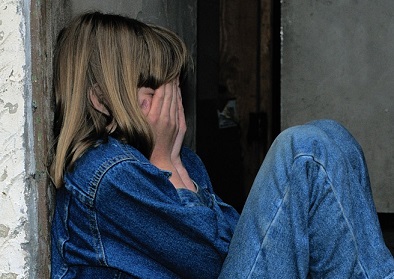
Stating that “society’s major institutions have seriously failed”, the report issues 189 recommendations, including a national strategy, a new National Office for Child Safety and a system of preventative training for children in schools.
“Tens of thousands of children have been sexually abused in many Australian institutions. We will never know the true number,” the report's summary said.
“It is not a case of a few ‘rotten apples’. Society's major institutions have seriously failed.”
The report called for “mandatory national standards” for all people in religious or pastoral ministry in the Catholic Church and recommended that the Church consider introducing voluntary celibacy for diocesan clergy.
“It is clear that inadequate preparation for ministry, loneliness, social isolation, and personal distress related to the difficulties of celibacy, have contributed to the sexual abuse of children,” the report said.
“In its responses to child sexual abuse, the leadership of the Catholic Church has failed the people of the Catholic Church in Australia, in particular its children. The results of that failure have been catastrophic.”
According to some disability advocates, a major obstacle is the abuse reporting system – the Employee Performance and Conduct directorate (EPAC), which they say is “deeply flawed” and lacks transparency.
Figures released last year show that just 3% of 500 child protection complaints in the past four years resulted in disciplinary action against teachers or school employees.
Of the 450 that were finalised, 219 were not upheld and 207 were found to involve an incident that “did not amount to misconduct”.
Ten were deemed reportable conduct to the NSW Ombudsman but not serious enough for any disciplinary action. However, just 14 led to remedial action.
Dr David Roy, senior lecturer at the University of Newcastle and an advocate for children with a disability, said children with a disability are three times more likely to be abused than other children.
Roy said one of the biggest challenges is finding ways to “inform children about risks from adults while not destroying their innocence”.
“Schools need to train staff to listen to children. Currently, schools ignore bullies, and abuse is simply an extension of bullying,” Roy told The Educator.
Roy said that schools had “got off lightly” in published case studies of child sexual abuse and said a more rigorous reporting system should be put in place.
“These recommendations, in my view, are a minimum in terms of what should be done, rather than a maximum, which would involve much more sweeping changes, such as establishing an ICAC-like body to oversee abuse complaints,” he said.


